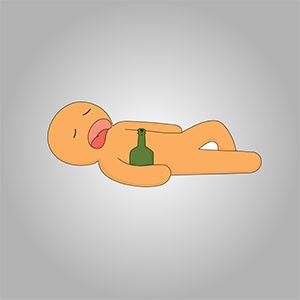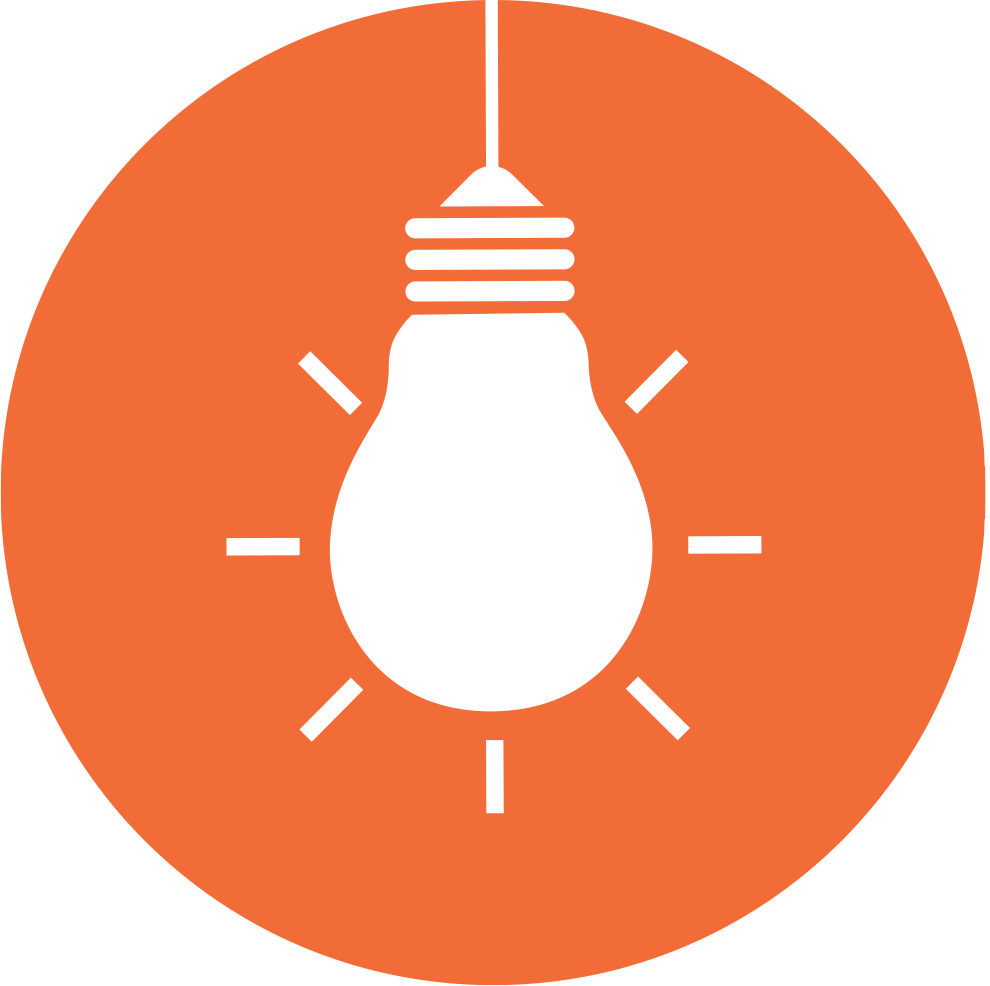

It’s been a week that redefined your work ethic, but you met your deadlines and exceeded all expectations.
Now, all you want is a few stiff drinks with the team after work and a long night of sleep.
Except... you spend all night tossing and turning. Blame it on the alcohol.
Booze disrupts sleep
Alcohol in moderation can help you sleep. It can certainly help you relax. But alcohol’s a double-edged sword: it’s a diuretic, meaning that it depletes your body of fluids. So even if you’ve been sipping scotch, you’ll still be getting up to pee regularly through the night.
Your kidneys take about an hour to process a unit of alcohol, so if you have four units before 10pm, your body will be dealing with this four hours later, and you’ll be getting up to urinate in the early hours.
Drinking lots of water helps your body recover from drinking, but your bladder will disrupt your plans for a sojourn in the land of nod. It’s also believed that booze helps you sleep deeply, suppressing the REM phase of sleep. As the night progresses and the levels of alcohol in your bloodstream diminish, your brain is able to compensate for its deficit of REM sleep, resulting in dreams, which may be vivid enough to wake you.
Alcohol also contains sugar, which affects your blood sugar levels and your levels of mental activity. Sugar also depletes the body of magnesium, which plays a major role in muscle control. Your muscles need calcium to contract and magnesium to relax, so when your body lacks either, you’ll feel restless.
A supplement or tissue salt like Mag Phos may help your sleep. Magnesium is also contained in chamomile, peppermint and dandelion, all of which can be drunk as tea.

Chew on this
Eat or drink something with plenty of magnesium. Try snacking on an apple, plum, banana, nectarines or grapefruit, or some walnuts or almonds.
In his book, The Food Doctor in the City, clinical nutritionist Ian Marber says the process of sleeping is triggered by the amino acid tryptophan. This competes with the other amino acids present in the bloodstream to cross the blood-brain barrier, a membrane that protects the brain from toxins in the bloodstream.
Tryptophan is found in some foods, including cottage cheese, bananas, peanuts, dried dates and turkey.
Marber suggests the following bedtime snacks:
- Banana milkshake with tofu blended in.
- Cottage cheese and oats or rice cakes.
- Dates and cottage cheese.
- A palmful of almonds and a piece of fruit.
- Sunflower seeds and a banana.
- Rye bread with a slice of turkey.





 Publications
Publications
 Partners
Partners










